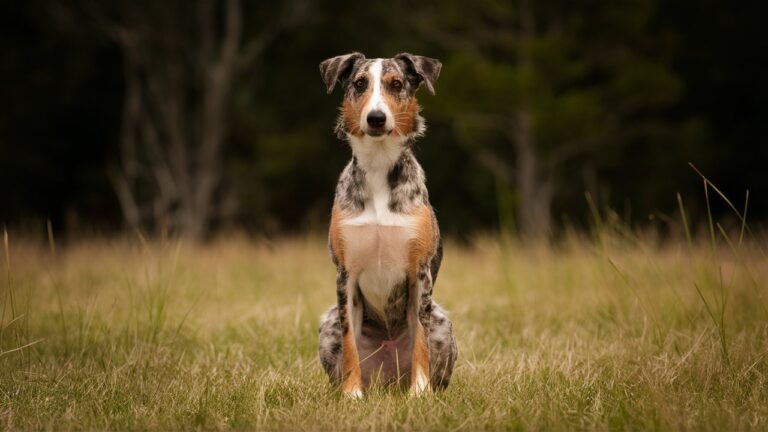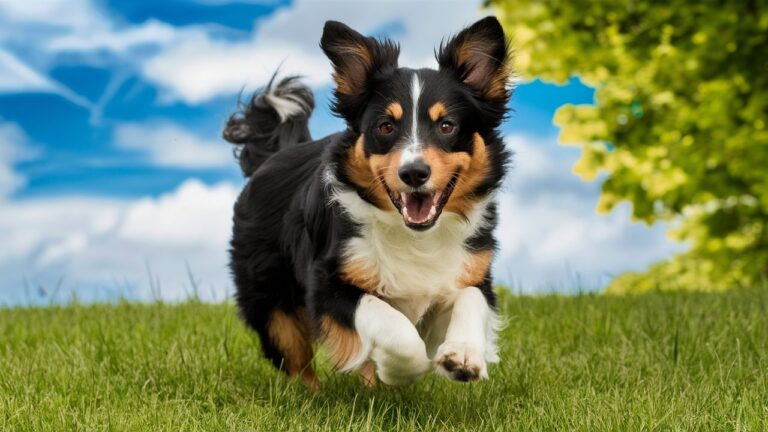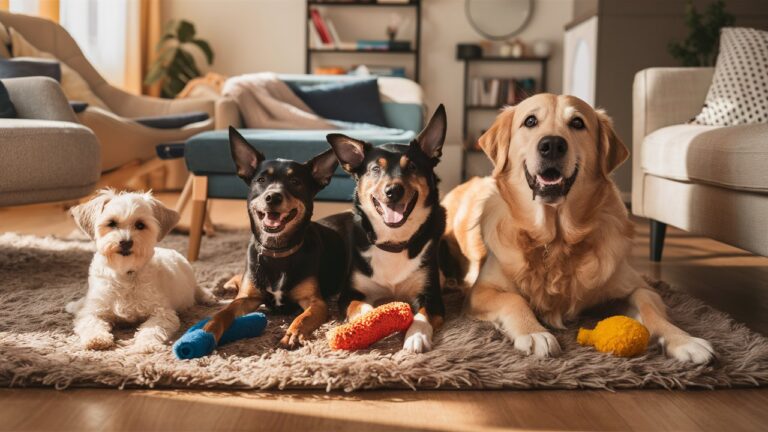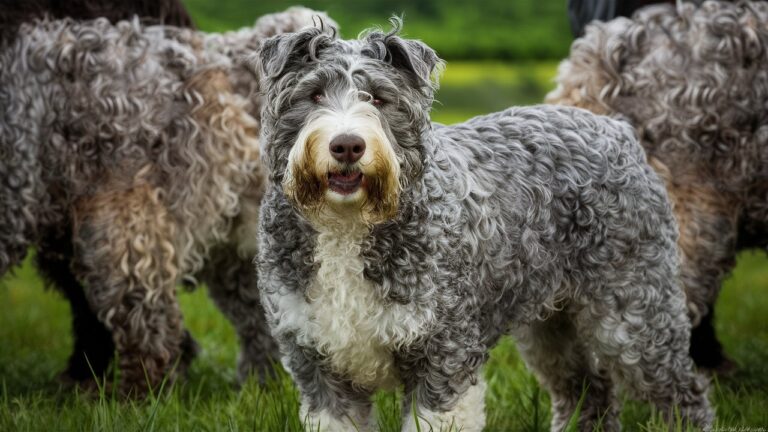Unveiling the Boerboel: Africa’s Majestic Guardian – 10 Essential Key Insights
The Boerboel, a breed often regarded as a living piece of South African heritage, embodies strength, loyalty, and a deep bond with human companions. Known for their imposing size and powerful presence, these dogs have a rich history intertwined with the rugged landscape and diverse cultures of South Africa.
Table of Contents
ToggleA Brief History of the Boerboel
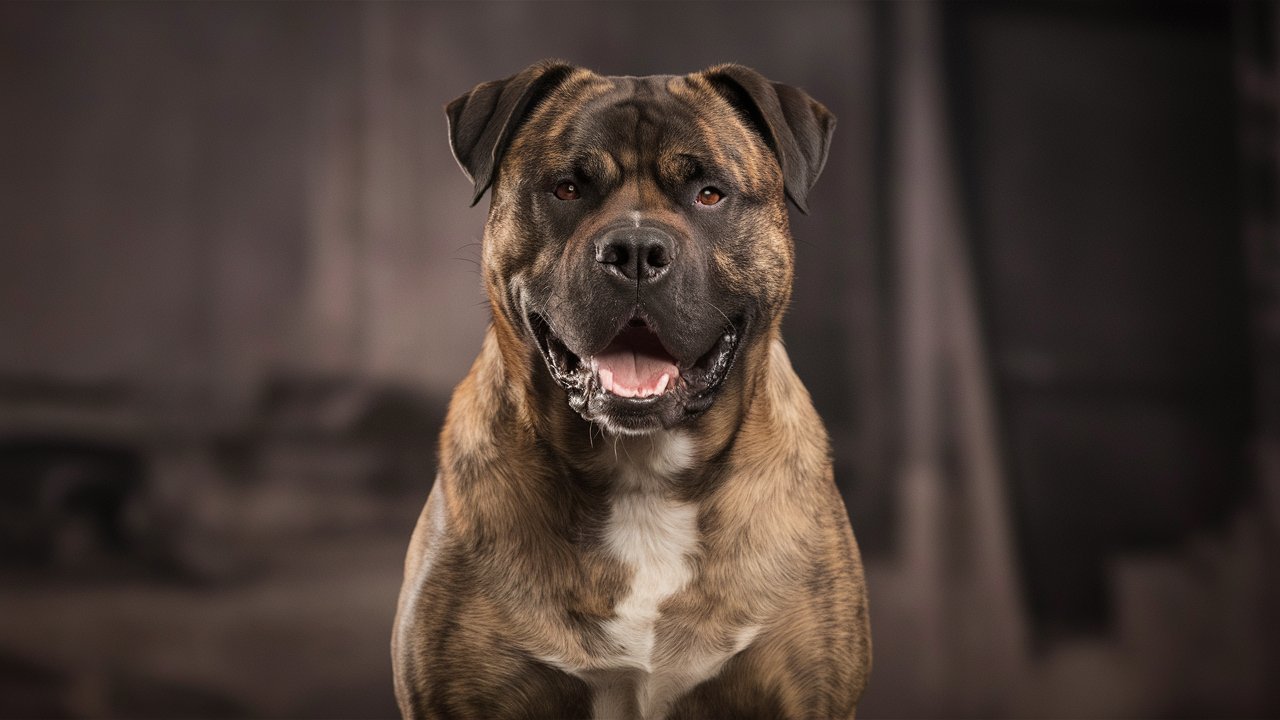
The Boerboel, whose name translates to “farmer’s dog” in Afrikaans, traces its roots back to the 17th century. Early Dutch, German, and Huguenot settlers brought large, strong dogs to South Africa to protect their homesteads from wild animals and intruders. These dogs were likely mastiff-type breeds that, over time, interbred with native dogs and other imported breeds, resulting in the Boerboel.
The breed was specifically developed for guarding homesteads, livestock, and families against the dangers of the South African wilds. Their roles included hunting game, tracking, and even pulling carts.
Characteristics and Temperament
Boerboels are known for their imposing size and muscular build. Males typically weigh between 150-200 pounds, while females are slightly lighter, ranging from 110-150 pounds. Their coats are short, dense, and come in various colors, including fawn, red, brown, brindle, and black.
Despite their formidable appearance, Boerboels are known for their even-tempered and affectionate nature. They are incredibly loyal and protective of their families, making them excellent guard dogs. However, this protective instinct means they can be wary of strangers, which underscores the importance of proper socialization from a young age.
Boerboels are also highly intelligent and confident. They need a strong leader and clear boundaries to ensure they do not become overly dominant. Their intelligence and desire to please make them highly trainable, but they do require a firm and consistent hand.
Training and Socialization
Training These Breeds can be both a rewarding and challenging experience. Their intelligence means they pick up commands quickly, but their independent streak can sometimes lead to stubbornness. Early socialization and training are crucial to ensure they grow up to be well-rounded adults.
Positive Reinforcement: Boerboels respond best to positive reinforcement techniques. Using treats, praise, and play as rewards will encourage good behavior without causing fear or aggression.
Consistency is Key: Consistency in commands and rules is vital. Mixed signals can confuse a Boerboel and may lead to behavioral issues. It’s important that all family members are on the same page regarding training methods and household rules.
Socialization: Introducing your Boerboel to a variety of people, animals, and environments from a young age is essential. This helps them become more adaptable and less reactive to unfamiliar situations.
Exercise and Mental Stimulation: Given their working dog heritage, Boerboels require plenty of physical exercise and mental stimulation. Daily walks, playtime, and interactive toys can help keep them engaged and prevent boredom-related behaviors.
Health and Lifespan
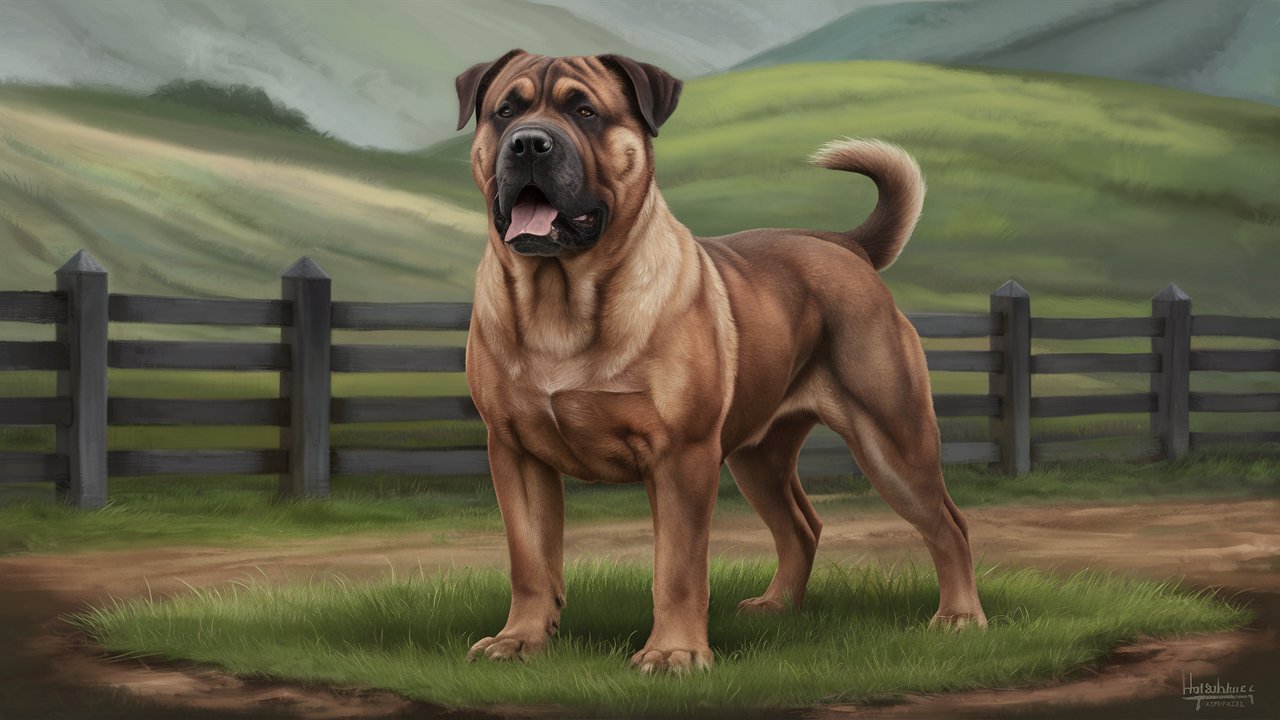
Boerboels are generally healthy dogs, but like all breeds, they are prone to certain genetic conditions. Some common health concerns include:
Hip Dysplasia: This is a common condition in large breeds where the hip joint doesn’t fit properly into the hip socket. Regular check-ups and maintaining a healthy weight can help manage this condition.
Elbow Dysplasia: Similar to hip dysplasia, this condition affects the elbow joint and can lead to arthritis. Proper nutrition and avoiding over-exercise in young dogs can help prevent this.
Heart Disease: Boerboels can be prone to certain heart conditions. Regular veterinary check-ups are important to catch any potential issues early.
Bloat: Large, deep-chested breeds like the Boerboel can be susceptible to bloat, a life-threatening condition where the stomach twists. Feeding smaller, more frequent meals and avoiding vigorous exercise immediately after eating can help reduce the risk.
This Dog is typically have a lifespan of 9-11 years. Regular veterinary care, a balanced diet, and proper exercise can contribute to a longer, healthier life.
Personal Anecdote: Living with a Boerboel
My journey with Boerboels began a few years ago when I adopted a young pup named Max. Max quickly grew into a massive, yet gentle giant, embodying all the traits the breed is known for. His loyalty to our family was evident from the start—he would position himself near the door each night, ensuring no one entered without his knowing.
One of the most memorable experiences with Max was when he instinctively protected our young son during a walk. A stray dog approached us, barking aggressively. Max, without a moment’s hesitation, positioned himself between our son and the stray, his imposing stance and deep bark sending the stray running.
Living with Max also highlighted the importance of proper training and socialization. His intelligence meant he quickly learned commands, but his stubborn streak required patience and consistency. Regular socialization made him more adaptable, and today, Max is not only a fierce protector but also a gentle companion who loves to play with our children and greet our friends.
The Bond Between Boerboels and Their Owners
The bond between Boerboels and their owners is something truly special. These dogs are known for their loyalty and deep attachment to their families. They are not just pets; they become integral members of the household, often forming particularly strong bonds with their primary caregivers.
Boerboels are highly intuitive and can often sense the emotional state of their owners. This makes them excellent companions, providing comfort and companionship during tough times. Their protective nature also means they are always on the lookout for potential threats, providing a sense of security and peace of mind.
Is a Boerboel Right for You?
Boerboels are not the right breed for everyone. Their size and strength require an owner who can provide firm and consistent training. They thrive in environments where they have plenty of space to roam and exercise. Prospective owners should also be prepared for the financial commitment of owning a large dog, as food, veterinary care, and other expenses can add up.
However, for those who can provide the right environment and meet their needs, Boerboels make incredible companions. Their loyalty, intelligence, and protective nature make them ideal for families looking for a devoted guardian and loving pet.
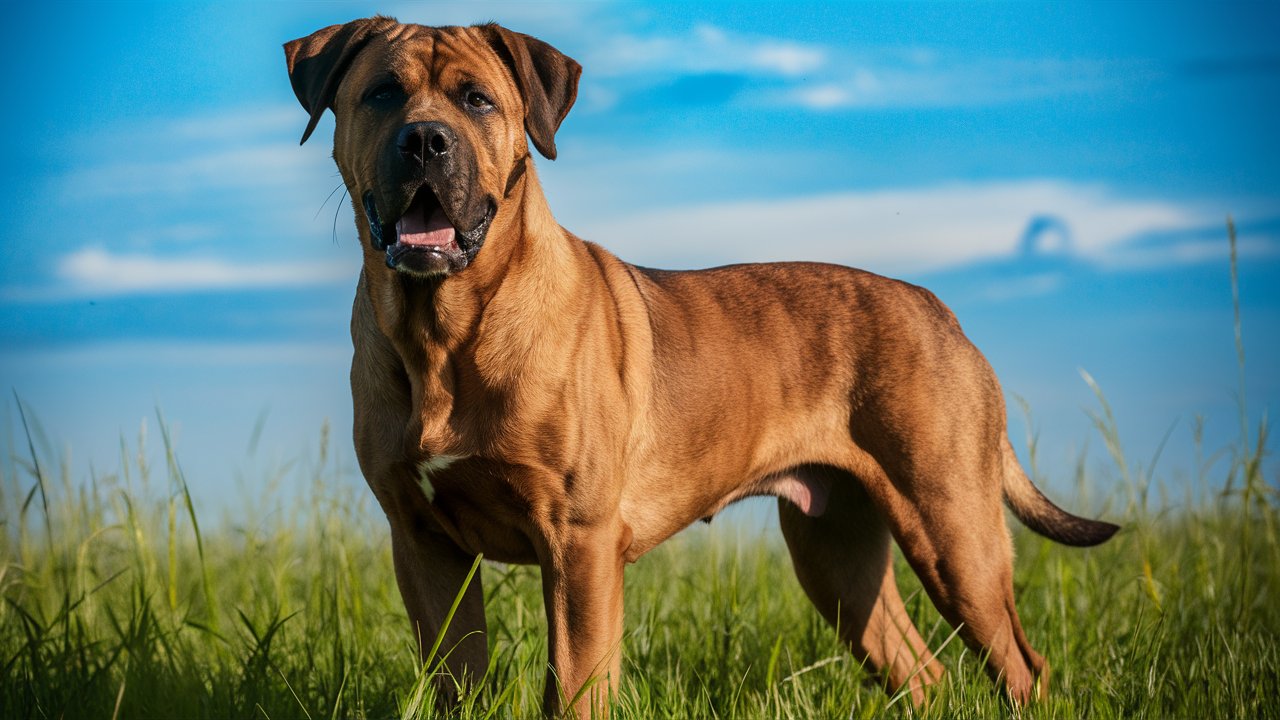
Conclusion
The Boerboel is a breed that stands out for its history, strength, and loyalty. These dogs are more than just pets; they are protectors, companions, and members of the family. Their rich heritage and unique characteristics make them a fascinating breed to learn about and live with. For those willing to invest the time, effort, and love, a Boerboel can bring immeasurable joy and security into their lives.

